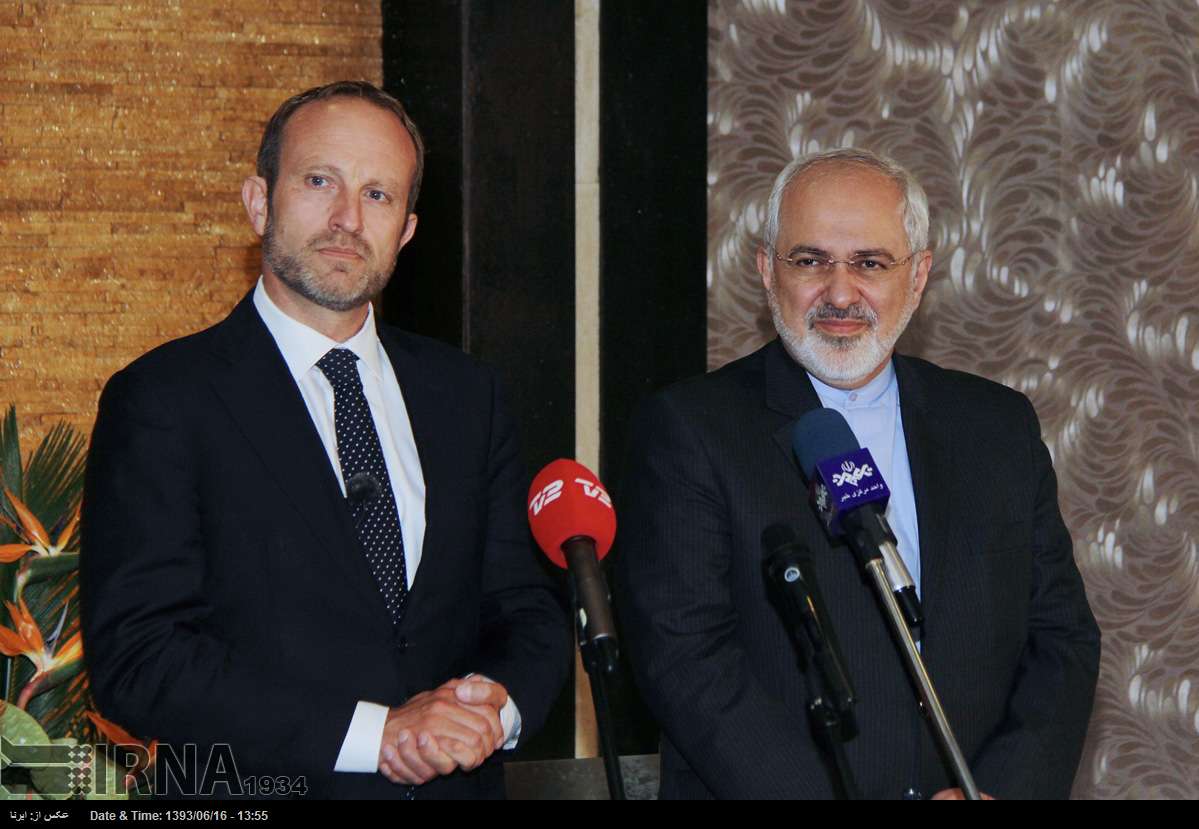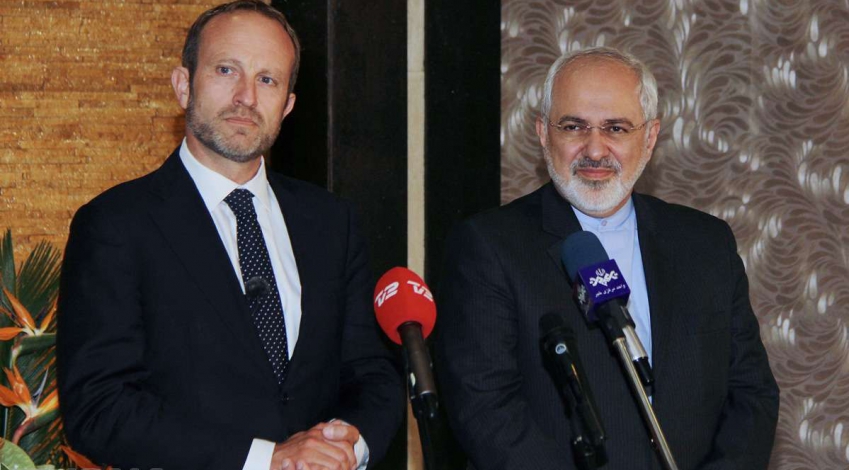 MASHHAD (Tasnim) Ė Denmarkís Foreign Minister Martin Lidegaard underlined the importance of Iranís help for confronting the Islamic State in Iraq and the Levant (ISIL) terrorist group.
MASHHAD (Tasnim) Ė Denmarkís Foreign Minister Martin Lidegaard underlined the importance of Iranís help for confronting the Islamic State in Iraq and the Levant (ISIL) terrorist group.Speaking to the Tasnim News Agency in Mashhad following a meeting with his Iranian counterpart on Sunday, Lidegaard said the recently-formed anti-ISIL coalition needs help from Iran and certain Arab countries like Qatar to tackle the terrorist group.
ďWe attended a NATO meeting and formed a coalition against the ISIL,Ē he said, hoping that the coalition can take swift measures against terrorists, especially the ISIL.
The decision to build a coalition against the extremist group came in a meeting of ministers from the United Kingdom, France, Germany, Canada, the United States, Australia, Turkey, Italy, Poland and Denmark in Wales.
The extremist group, which controls parts of Syria's northern territory, sent its fighters into neighboring Iraq in June, quickly seizing large swaths of land straddling the border between the two countries.
It is believed to be supported by the West and some regional Arab countries.
Denmarkís top diplomat further said he conferred with Iranís foreign minister on bilateral issues as well as regional problems and the situation in Syria.
Lidegaard also referred to the European Unionís sanctions against Iran, and said the embargoes do harm to EUís economy as well.
He said Copenhagen is optimistic about the ongoing talks between Iran and world powers on Tehranís peaceful nuclear energy program, stressing that building trust is an important issue in the talks.
Tehran and the Group 5+1 (Russia, China, the US, Britain, France and Germany) are in talks for a final agreement on Iranís peaceful nuclear energy program and the removal of unjustified sanctions against the country.
Iran and the sextet on November 24, 2013, signed an interim nuclear deal in the Swiss city of Geneva.
The Geneva deal (the Joint Plan of Action) was indeed an agreement for the strengthening of mutual confidence between Iran and six world powers and was designed to pave the way for a permanent, comprehensive accord to settle a decade-long standoff on Iranís nuclear activities.
Based on the interim deal, the world powers agreed to suspend some non-essential sanctions and to impose no new nuclear-related bans in return for Tehran's decision to freeze parts of its nuclear activities.
In July, the two sides agreed to extend negotiations until November 24 after they failed to reach common ground on a number of key issues.
By Tasnim News Agency
The Iran Project is not responsible for the content of quoted articles.











